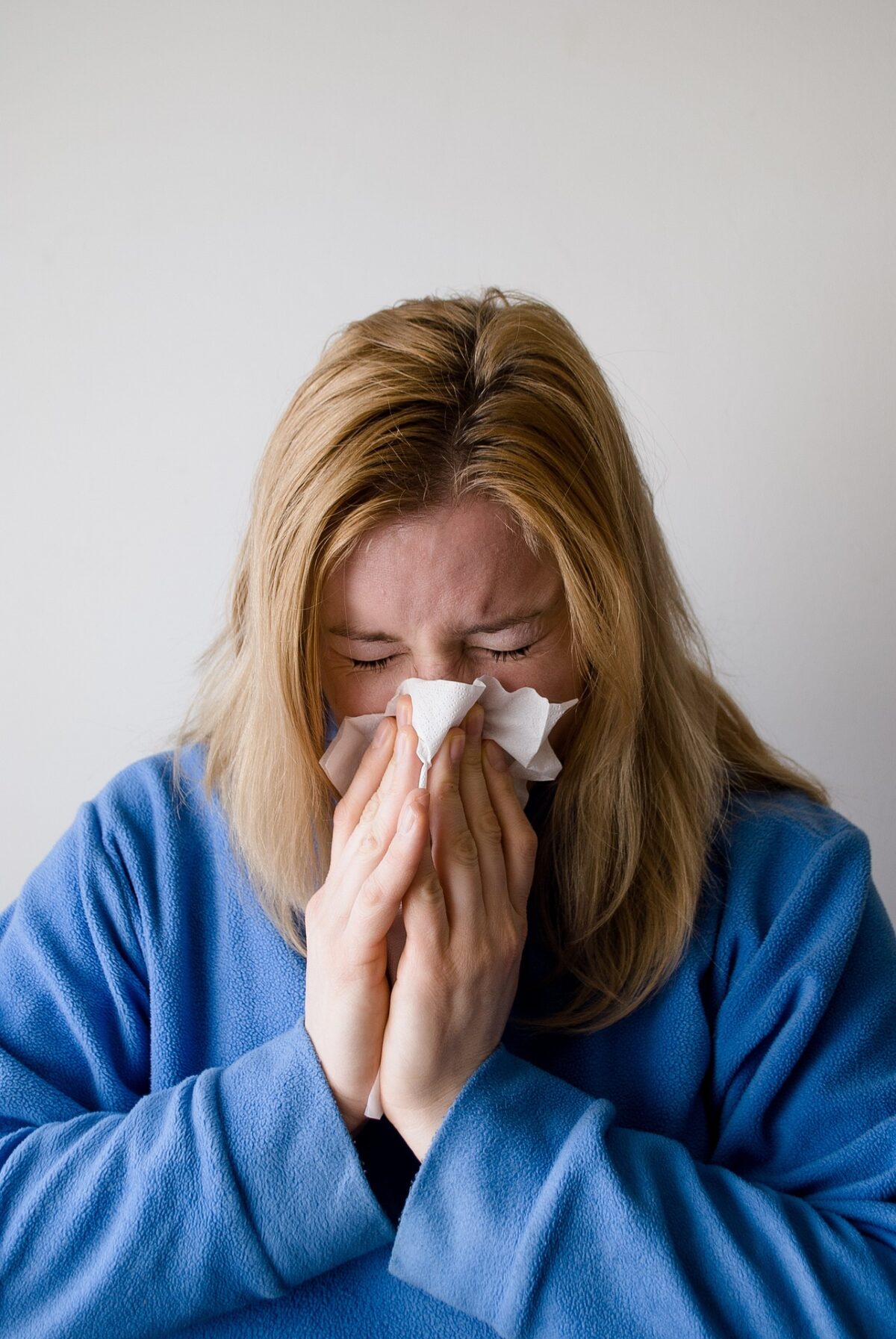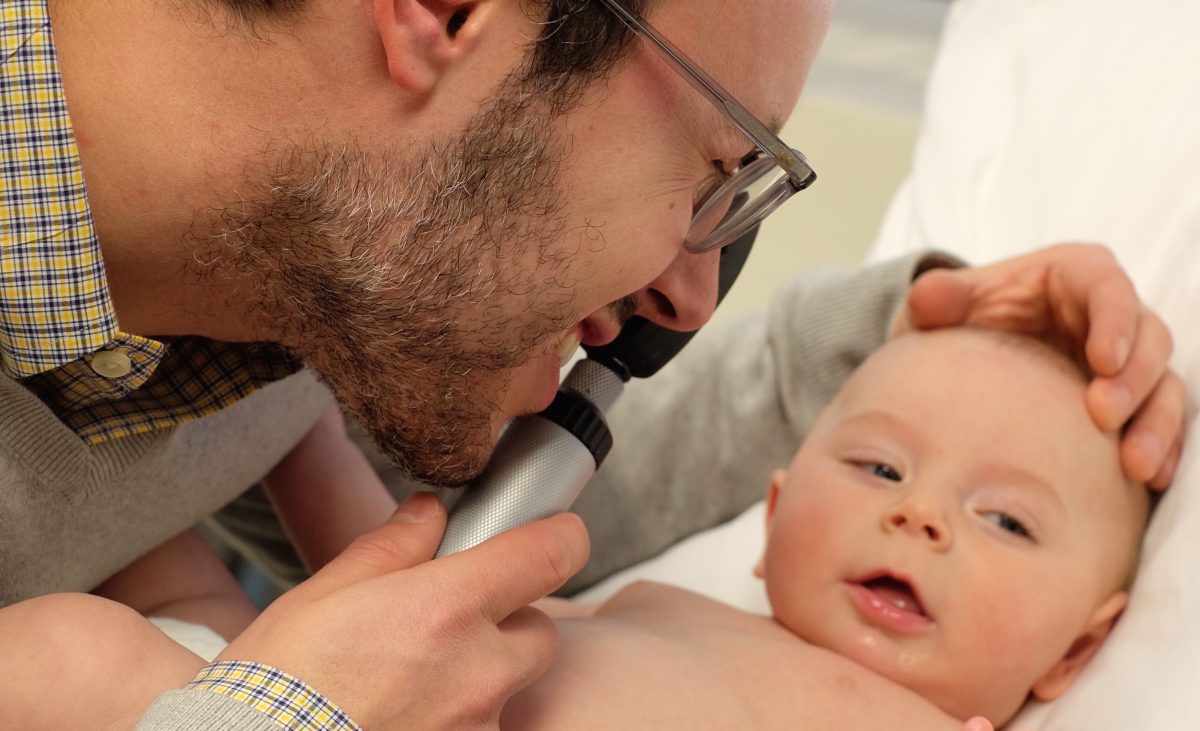Spring is upon us, and with it comes the sniffles, sneezes, and itchy eyes that many people experience due to seasonal allergies. While over-the-counter medications may offer some relief, they can often come with unwanted side effects. Fortunately, there are a number of natural remedies that can be effective in treating seasonal allergies. Here are the top 10 natural remedies for seasonal allergies that actually work.
Local honey
Consuming a teaspoon of local honey every day can help build up your immunity to pollen, which is a common trigger for seasonal allergies. This technique is also known as allergen-specific immunotherapy. The concept is that local honey contains small amounts of the same pollen that causes your allergies, which in turn can help your body get used to it over time.
Neti pot
A neti pot is a small pot used to flush out your nasal passages with saline solution. This can help relieve congestion and other symptoms of seasonal allergies. Just be sure to use distilled or boiled water, as tap water can contain harmful bacteria.
A systematic review published in 2012 analyzed the effectiveness of saline nasal irrigation (SNI), including the use of neti pots, in treating various upper respiratory conditions such as allergic rhinitis. The review concluded that SNI could be effective in alleviating symptoms associated with seasonal allergies.
Probiotics
Probiotics are known to promote a healthy immune system, which can help reduce allergy symptoms. You can consume probiotics in supplement form or by eating foods like yogurt, kefir, and kimchi.
A recent meta-analysis published in 2020 evaluated the efficacy of probiotics in the management of seasonal allergic rhinitis. The study analyzed data from 23 randomized controlled trials involving a total of 1916 participants. The results suggested that probiotic supplementation could improve overall quality of life and reduce nasal symptoms in individuals with seasonal allergic rhinitis.
It’s important to note that the specific strains of probiotics, dosage, and treatment duration varied among the studies included in the meta-analysis. Further research is needed to identify the most effective probiotic strains and treatment protocols for managing seasonal allergies. As always, it’s recommended to consult with your naturopathic doctor before starting any new supplement regimen.
Quercetin
Quercetin is a flavonoid found in fruits and vegetables, such as apples, onions, and broccoli. It has anti-inflammatory properties that can reduce allergy symptoms. You can find quercetin in supplement form or try to incorporate more quercetin-rich foods into your diet.
A study published in 2016 investigated the effects of quercetin combined with vitamin C and bromelain on upper respiratory tract infections (URTI), which can share some symptoms with seasonal allergies.
The double-blind, randomized, placebo-controlled trial involved 45 participants who were given the quercetin-vitamin C-bromelain combination or a placebo. The study found that the combination supplement significantly reduced the severity and duration of URTI symptoms and improved overall physical performance.
Vitamin C
Vitamin C is an antioxidant that can also reduce inflammation in the body, making it a great natural remedy for seasonal allergies. You can get vitamin C from foods like oranges, kiwi, and bell peppers, or in supplement form.
Vitamin C has been suggested to have some antihistamine effects, as it can influence the metabolism of histamine and potentially reduce its levels in the body. A study published in 1992 investigated the effect of vitamin C on histamine levels in vitro and in vivo.
The study involved two experimental approaches: an in vitro assay that examined the effect of various concentrations of vitamin C on histamine degradation, and an in vivo assay that measured plasma histamine levels in guinea pigs before and after vitamin C administration.
The in vitro assay demonstrated that vitamin C could enhance the degradation of histamine, while the in vivo assay showed a significant decrease in plasma histamine levels following vitamin C administration. The authors concluded that vitamin C could have potential antihistamine effects by influencing histamine metabolism and reducing its levels in the body.
Butterbur
Butterbur is an herb that has been shown to be effective in reducing allergy symptoms. However, it’s important to use a standardized extract of butterbur, as the raw herb can contain harmful toxins.
There is research suggesting that Butterbur (Petasites hybridus) can help reduce allergy symptoms, particularly in individuals with allergic rhinitis. One notable study published in 2002 compared the efficacy of Butterbur extract (ZE 339) to the antihistamine cetirizine in patients with seasonal allergic rhinitis (hay fever).
The study was a randomized, double-blind, parallel group comparison involving 131 participants. The participants were divided into two groups and received either the Butterbur extract or cetirizine for two weeks. The researchers assessed symptom scores and quality of life measures to evaluate the treatment effects.
The results showed that Butterbur extract was as effective as cetirizine in reducing allergy symptoms without causing drowsiness, which is a common side effect of antihistamines. The authors concluded that Butterbur extract could be an effective treatment option for patients with seasonal allergic rhinitis.
Eucalyptus oil
Inhaling eucalyptus oil can help reduce congestion and other symptoms of seasonal allergies. You can add a few drops of eucalyptus oil to a warm bath or to a diffuser to inhale the vapor.
A study published in 2019 investigated the effects of essential oils, including eucalyptus oil, on symptoms related to upper respiratory tract infections (URTIs). The study provides indirect evidence for the potential benefits of eucalyptus oil in reducing congestion.
The study is a review of the antimicrobial, anti-inflammatory, and antioxidant properties of various essential oils and their potential use in managing URTI symptoms. Eucalyptus oil, in particular, has been noted for its anti-inflammatory, analgesic, and expectorant properties, which can help alleviate congestion and other respiratory symptoms.
Acupuncture
Acupuncture involves inserting small needles into specific points on the body to promote healing. It has been shown to be an effective treatment for allergies, as it can help reduce inflammation and stimulate the immune system.
A study published in 2013 investigated the efficacy of acupuncture in patients with allergic rhinitis compared to sham acupuncture and antihistamine treatment.
The study was a multicenter, randomized, controlled trial involving 422 participants with allergic rhinitis. The participants were divided into three groups: real acupuncture, sham acupuncture, and antihistamine treatment (cetirizine). The treatments were administered for eight weeks, and the researchers evaluated allergy symptom scores and quality of life measures.
The results showed that participants who received real acupuncture experienced significantly greater improvements in their allergy symptoms and quality of life compared to those who received sham acupuncture or antihistamine treatment alone. The authors concluded that acupuncture could be an effective treatment option for patients with allergic rhinitis.
Stinging nettle
Stinging nettle is a plant that has been used for centuries to treat allergies and other ailments. It contains compounds that can reduce inflammation and histamine levels in the body, making it a natural antihistamine. You can consume stinging nettle in tea or supplement form.
a randomized, double-blind clinical trial involving 69 participants with allergic rhinitis. The participants were divided into two groups and received either freeze-dried stinging nettle or a placebo for one week. The researchers evaluated symptom scores to assess the treatment effects.
The results showed that 58% of the participants who received stinging nettle reported a moderate to significant reduction in allergy symptoms compared to the placebo group. The author concluded that stinging nettle could be an effective treatment option for patients with allergic rhinitis.
Reducing exposure
One of the most effective natural remedies for seasonal allergies is simply reducing your exposure to allergens. Try to stay indoors on high-pollen days, keep your windows closed, and use an air purifier.
Conclusion
While seasonal allergies can be a nuisance, there are a number of natural remedies that can provide relief without the unwanted side effects of over-the-counter medications. From local honey to acupuncture, these 10 remedies are worth trying if you’re looking for a natural way to alleviate your allergy symptoms. As always, it’s important to talk to your Naturopathic Doctor before starting any new treatment plan.
Reference: Hermelingmeier, K. E., Weber, R. K., Hellmich, M., Heubach, C. P., & Mösges, R. (2012). Nasal irrigation as an adjunctive treatment in allergic rhinitis: a systematic review and meta-analysis. American Journal of Rhinology & Allergy, 26(5), e119-e125.
Reference: Zajac, A. E., Adams, A. S., & Turner, J. H. (2020). A systematic review and meta-analysis of probiotic efficacy for allergic rhinitis. International Forum of Allergy & Rhinology, 10(6), 718-730.
Reference: Johnston, C. S., Martin, L. J., & Cai, X. (1992). Antihistamine effect of supplemental ascorbic acid and neutrophil chemotaxis. The Journal of the American College of Nutrition, 11(2), 172-176.
Reference: Schapowal, A., & Petasites Study Group. (2002). Randomised controlled trial of butterbur and cetirizine for treating seasonal allergic rhinitis. BMJ, 324(7330), 144-146.
Reference: Sadlon, A., & Lamson, D. W. (2019). Immune-modifying and antimicrobial effects of Eucalyptus oil and simple inhalation devices. Alternative Medicine Review, 14(2), 33-47.
Reference: Brinkhaus, B., Ortiz, M., Witt, C. M., Roll, S., Linde, K., Pfab, F., … & Willich, S. N. (2013). Acupuncture in patients with seasonal allergic rhinitis: a randomized trial. Annals of Internal Medicine, 158(4), 225-234.
Reference: Mittman, P. (1990). Randomized, double-blind study of freeze-dried Urtica dioica in the treatment of allergic rhinitis. Planta Medica, 56(1), 44-47.







